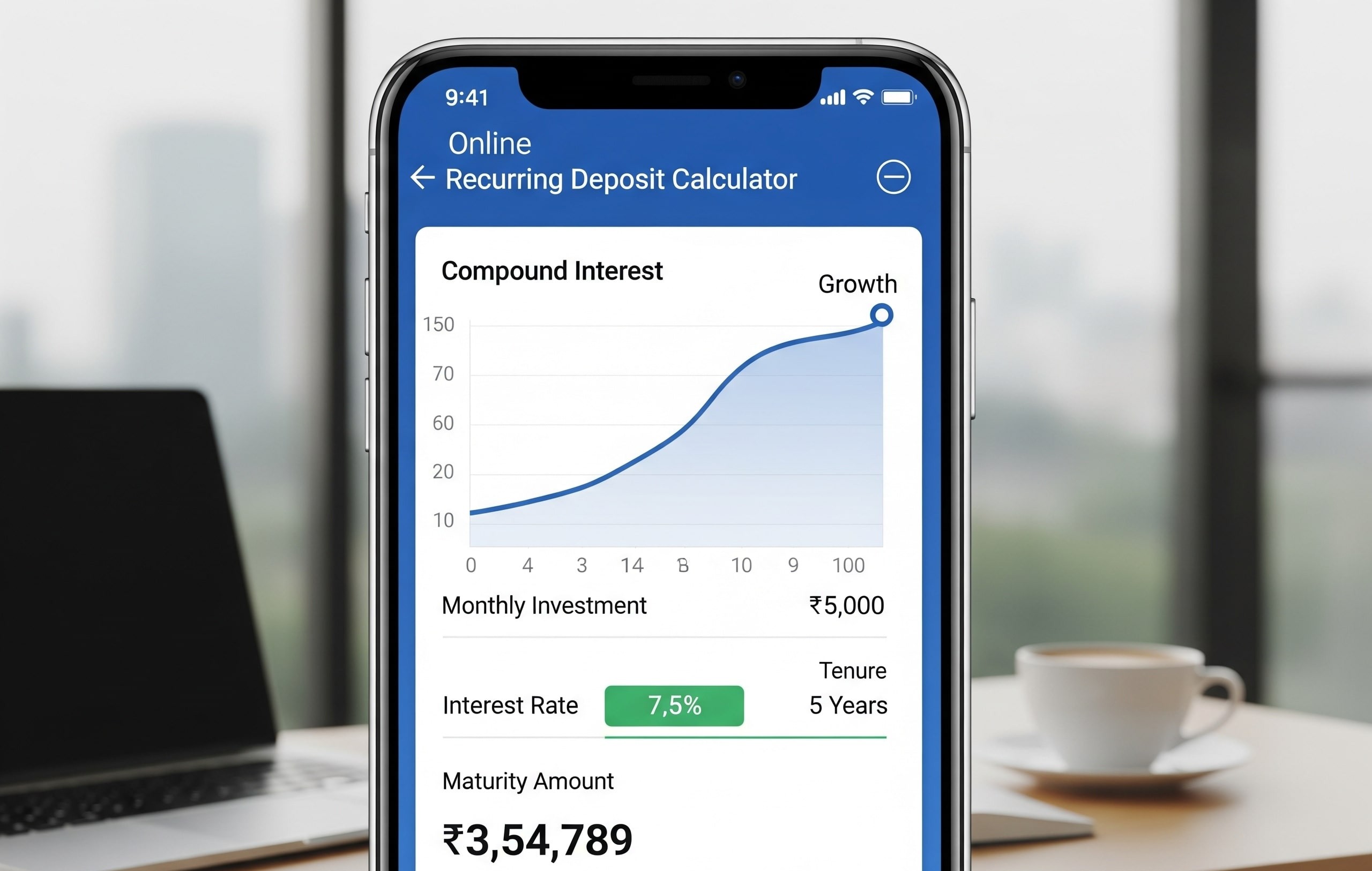Mutual funds are one of the most well-liked investing choices for both aggressive and conservative investors. It allows you to grow your money and get returns that are adjusted for inflation. Professional fund managers oversee these funds. They combine the capital of multiple clients to make investments in particular schemes that align with their risk tolerances and investment goals. If you are interested in small cap fund, read this article to learn more about it.
How Do Small Cap Funds Work?
Small cap mutual funds are one of the various types of mutual funds that the SEBI has classified. Small cap companies are those ranked 251st and beyond in market capitalisation.
Fund managers allocate a minimum of 65 per cent of their portfolios to small-cap companies in small-cap mutual funds. Generally speaking, people who don’t mind taking chances and value growth above stability favour small-cap stocks. In small-cap funds, the makeup of the fund is crucial, and making impulsive decisions could jeopardise your investment.
Search small cap fund meaning online to learn more before investing. One of the most essential factors for choosing what to include in your equity portfolio is the capitalization of the investing company. These funds are more volatile and riskier than other equity-focused fundsIn the short to medium term but they give good long-term gains. In a very short time, these companies’ shares can double or triple.
Who Can Invest In Small Cap Funds?
Small cap funds are a good option for people who are prepared to take chances in order to maximise the returns on their investments. Even in times of market decline, these funds provide substantial returns. However, if the market declines, these could be severely impacted. A compact structure is necessary for a portfolio of small-cap mutual funds. Having a reference point to compare the results you get is good when investors build their stock portfolios. As an investor, you can easily estimate the success of your investor portfolio by comparing them to standards.
What Should You Think About Before Investing in Small Cap Funds?
Investment Risk
Although they carry some risk, the top small-cap funds produce profitable returns. It is worth noting that small cap mutual funds tend to be more volatile and susceptible to market fluctuations. They also require a longer investment horizon to mitigate risk. If you want guaranteed strong returns, you need to look at funds that beat small-cap benchmarks and other small-cap funds.
Return on Investment
Small investment trusts can make a huge contribution to the investment portfolio and often yield a good rate of return. Even though they carry a concerning amount of risk, these funds can work like a portfolio cushion and offer nice value when the market is doing good.
Investment Costs
Because small-cap equity funds have expenses, your investment is well handled. This is referred to as the cost ratio of the fund. The fund’s cost ratio is limited to 2.50% under SEBI norms. It’s wise to consider your net earnings after expenses when selecting a fund.
Investment Objectives
Even the best modest investment trusts may see a sharp decline in returns when the market declines. Consequently, if you want to maximise your investment, make investments in long-term objectives like home buying, retirement savings, and children’s education.
Taxation
When small-cap funds are redeemed, capital gains are taxed according to the holding period or the time frame during which the investment was held. Short-Term Capital Gains (STCG) are capital gains from redemptions held for a maximum of one year and are subject to a 15% tax. Long-Term Capital Gains (LTCG) are gains from holding periods longer than a year, and a 10% tax is applied to amounts over one lakh rupees.
To help you better understand small cap funds, here is a comparison between small cap funds and large cap funds:
| Category | Small cap stocks | Large cap stocks |
| Growth Potential | High growth potential, as smaller companies have more room to expand | Limited growth potential; focus is on stability and dividends |
| Risk and Volatility | Higher risk and volatility compared to mid-cap and large-cap stocks | Lower risk and volatility; considered stable investments |
| Investor Suitability | Attractive for self-directed investors and those seeking high returns; offers the opportunity to beat institutional investors | Suitable for conservative investors focused on steady income and long-term stability |
| Trading Characteristics | Shares may be less liquid and receive less coverage from analysts | Highly liquid and widely covered by analysts |
A Checklist for Investing in Small Cap Funds
Focus On the Past Performance Records
You need to monitor the performance of a small cap fund consistently. Small caps are drastically unequal compared to huge caps. It is, hence, less susceptible to business cycles. These funds select stocks from the bottom up for these equities. Great performance can, therefore, be shown by a few years of consistent performance.
Make Sure it is Worth the Risk
Seek out strong returns that outperform those of the Sensex and Nifty. Make sure that, after selecting a quality small-cap fund, your overall exposure to small-cap and midcap funds does not surpass 25% of your overall exposure to equity funds.
Check its Liquidity
Liquidity scores for large, medium, and small-cap mutual funds are determined by CRISIL. The number of days it takes a fund manager to shut the entire portfolio without negatively impacting the price is represented by the portfolio liquidity. Approximately 1.3 days is the liquidity ratio for large-cap funds, 9–11 days for medium-cap funds, and 25 days for small-cap funds. The current ratio should be as low as possible. The core management team consistently favours very steady small-cap mutual funds out of all the available possibilities.
Verify its Stability
The constancy of such performance can only be ensured by the fund management team’s consistency. When it comes to small-cap mutual funds, it is best to avoid frequent cancellations.
The Bear Market Effect
The performance and volatility of small-cap mutual funds in a down market or bear market determine their differences. Small-cap mutual funds often perform better in thriving markets, so any fund manager may stand out and work hard during a downturn.
Availability
There is only a limited amount of high-quality small-cap stocks on the market. When investing in small-cap stocks, bear this in mind.
Conclusion
Hopefully, after reading this article, you understand small cap fund meaning. Lastly, know that investing in a fund that has been properly chosen by internal experts is simple. Small cap funds can boost your portfolio’s growth potential if it is aligned with your long term financial goals and risk tolerance. So, you should make an investment only after learning enough about the financial markets or after talking with professionals about your risks and possible rewards.
Also Read : How Mutual Funds Are Taxed | How to Use Mutual Funds for Child’s Higher Education
FAQs:
1. Who can invest in small cap funds?
Small cap funds are an option for you if you are an investor with a long investment horizon and a good enough tolerance for risk.
2. What are the benefits of investing in small cap funds?
Since small businesses can rise into mid or large cap companies, small cap funds have the ability to grow and give high returns at high risk.
3. How many small cap funds should you invest in?
You can make investments depending on your investment goals and objectives. Although diversifying your portfolio among various asset classes is advised, there is no upper limit or defined rule for this.
4. What is the criteria for a small cap fund?
A small cap fund is all about investing in the stock of companies that have a market capitalization less than Rs. 5000 crore.
5. What is the common risk of investing in small cap funds?
The potential for high price fluctuations is one of the main risks that come with small cap funds. Because of this, investing in them can be risky.
Source links:
https://www.5paisa.com/stock-market-guide/mutual-funds/what-is-small-cap-fund
https://mf.nipponindiaim.com/mutual-fund-articles/what-are-small-cap-funds
https://www.icicibank.com/blogs/mutual-fund/small-cap-fund
Hello there, my name is Phulutu, and I am the Head Content Developer at Nivesh Karlo. I have 13 years of experience working in fintech companies. I have worked as a freelance writer. I love writing about personal finance, investments, mutual funds, and stocks. All the articles I write are based on thorough research and analysis. However, it is highly recommended to note that neither Nivesh Karlo nor I recommend any investment without proper research, and to read all the documents carefully.





Leave a Reply